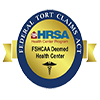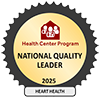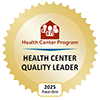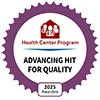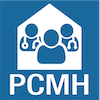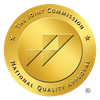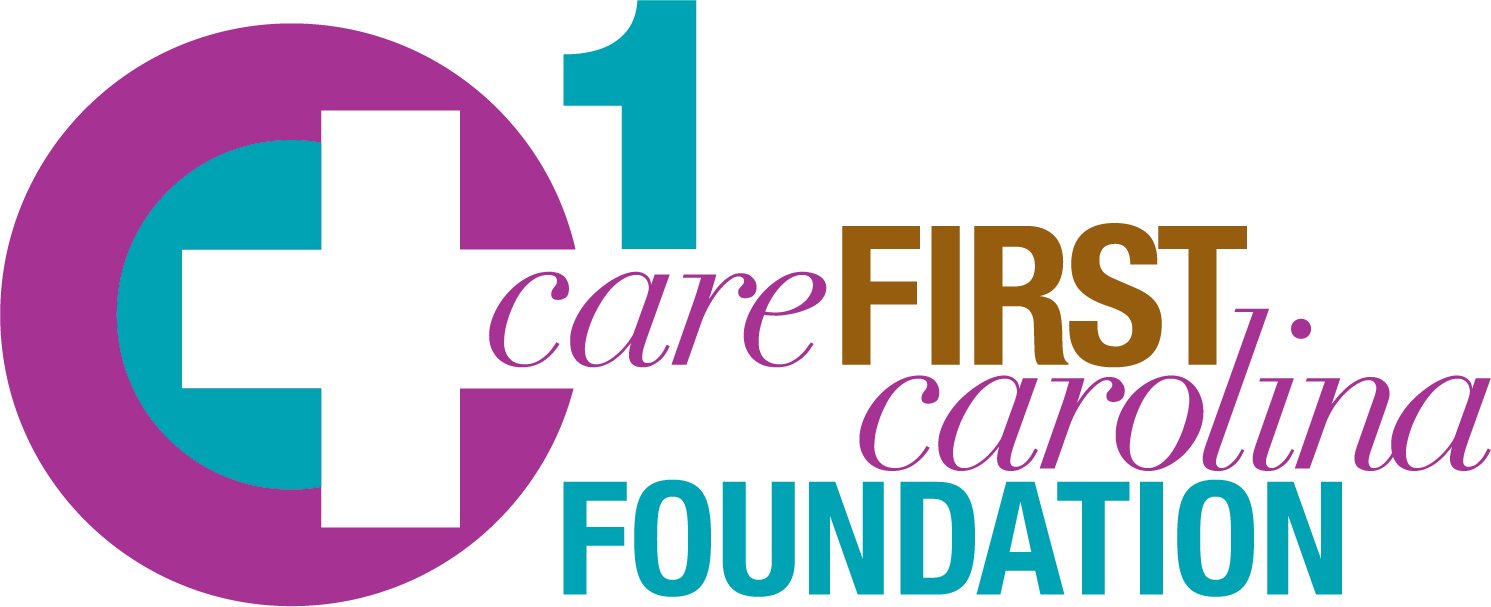CareSouth Carolina's Challenge for 2020
Making an annual check-in with your primary care provider and being prepared for the visit can be the difference between living with chronic conditions unknowingly and addressing those issues moving forward.
As a matter of fact, there are an estimated 1.2 million people living with diabetes who don’t know it. About 13 million U.S. adults with hypertension (high blood pressure) aren’t even aware they have it and are not being treated.
Early diagnosis, prevention and treatment are keys to fighting many chronic conditions and underlying issues that, if left untreated, can prove to be deadly.
The first step is to be prepared.
When visiting a provider, it is important to gather all notable documentation and to have your health information handy, not just for your provider, but for your family and yourself moving forward.
Healthcare Information Checklist:
- Copies of insurance cards/dental/eye coverage
- Name/Address/Specialty office information/Any hospitalizations/Primary Care Provider information
- List of medical issues, history
- List of prevention/screenings (when it was done, next due)
- Immunization Record
- Surgical or Hospitalization information (if applicable)
- Medication list (what, why you take it, when you take it, how often)
- List of allergies
- Emergency Contacts (have more than one)
- Advanced Directives (Even if you’re healthy, it’s important to have documentation stating what you would want to have done/not have done if you were too sick to answer for yourself)
“If you come to your doctor’s appointment with your personal health information and history, it eliminates copious amounts of time that a provider may have to use doing detective work,” CareSouth Carolina Associate Medical Director Dr. Jeniqua J. Duncan. “If you have it all together, it will help your experience be much more efficient and helpful.”
“It’s important to have your personal health history, be able to produce it and share it with your family,” Duncan said.
What to expect on a first-time visit?
While many Americans know visiting the doctor is important, millions choose to ignore the visit and their symptoms each year.
If you’re making a visit to check-in for the first time, Dr. Duncan said the visit will mainly consist of the provider trying to get to know you- including your medical and family history.
“They’ll ask you questions about if you’re taking any medications, if you smoke, what your lifestyle is like,” Dr. Duncan said. “In primary care, we’re working to prevent you from being sick. It’s not just about treating things when they come up, it’s a proactive approach that, in the long-run, is going to leave you with a much higher quality of life.”
How to reach those ‘New Year’s goals?’
- Be realistic when setting goals
- Don’t lie to yourself or make excuses
- Ask for help
“This isn’t just important for the short-term, it’s even more paramount for the long-term,” Dr. Duncan said. “For you to have the best and healthiest future life possible, you’ve got to act today.”







